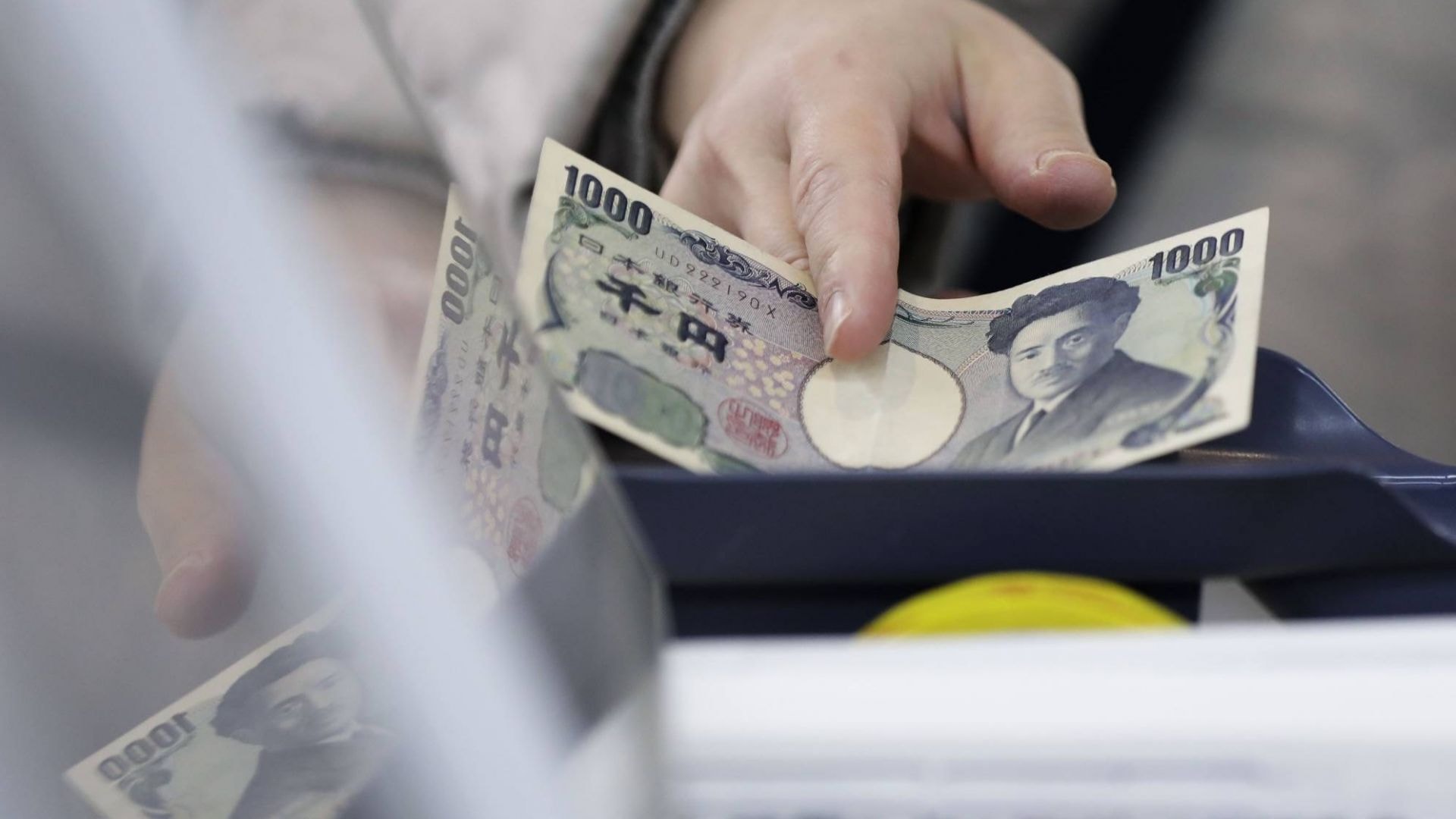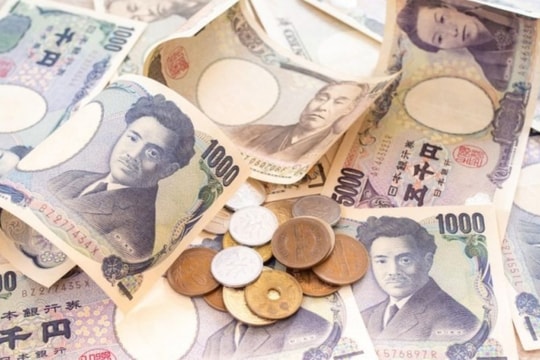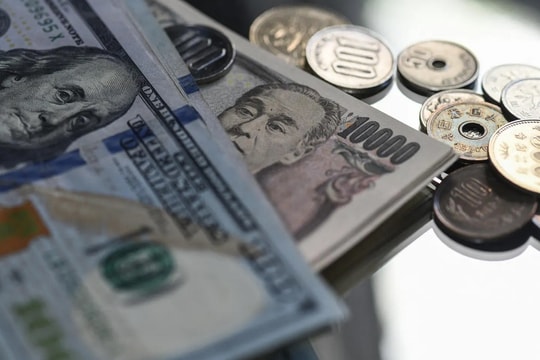Japanese Yen exchange rate today 5/4/2025: Price increases again
Japanese Yen exchange rate today 5/4/2025: The Japanese Yen increased slightly again when the USD weakened after being rejected at the psychological level of 100.00, pulling the DXY index back below 99.50.
Domestic Japanese Yen exchange rate today May 4, 2025:
Update the latest Japanese Yen exchange rates today at banks.
VIB Bank is buying Japanese Yen cash at the lowest price of 167.74 VND/JPY
VIB Bank is buying Japanese Yen transfers at the lowest price of 169.14 VND/JPY
PVcomBank is buying Japanese Yen cash at the highest price of 184.00 VND/JPY
PVcomBank is buying Japanese Yen transfers at the highest price of 186.00 VND/JPY
VIB Bank is selling Japanese Yen cash at the lowest price of 175.80 VND/JPY
VIB Bank is selling Japanese Yen transfers at the lowest price of 174.80 VND/JPY
LPBank and OceanBank are selling Japanese Yen cash at the highest price of 189.88 VND/JPY
NCB Bank is selling Japanese Yen transfers at the highest price of 188.82 VND/JPY

World Japanese Yen exchange rate today May 4, 2025:
The USD/JPY pair fell to near 145.00 on Friday after failing to sustain strong gains earlier in the week. The greenback weakened after being rejected at the psychological level of 100.00, pulling the DXY index back below 99.50.
Markets are reacting to mixed economic data and fresh signals from global trade, including the possibility of China reopening tariff talks and Japan's call for the US to adjust its tax policy.
The US April jobs report showed the labor market remained strong, with a gain of 177,000 jobs, higher than forecast, despite a downward revision to March figures. The unemployment rate held steady at 4.2% and wages rose 3.8% year-on-year.
However, other indicators such as jobless claims and ISM manufacturing data were weak, while first-quarter GDP contracted -0.3%. This led investors to believe that the Fed could cut interest rates as early as June, with four cuts priced in by the end of the year.
In Japan, Finance Minister Kato stressed that the country could use its US government bond holdings as leverage in trade negotiations, signaling a tougher stance. Meanwhile, the unemployment rate rose to 2.5%, despite an improvement in the employment-to-recruitment ratio. Slowing wage growth also reinforced the likelihood that the Bank of Japan will maintain its easy monetary policy at least through 2025.





